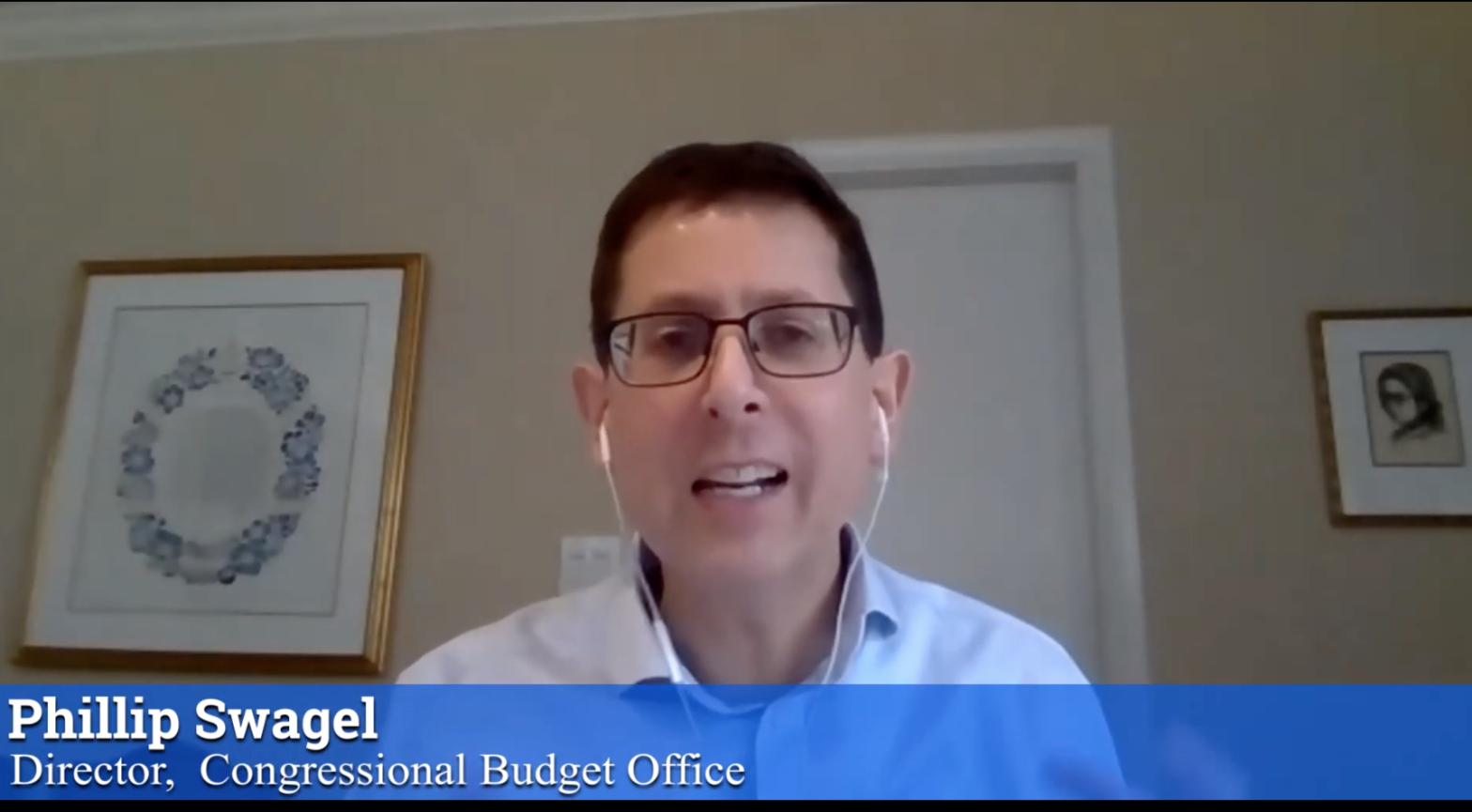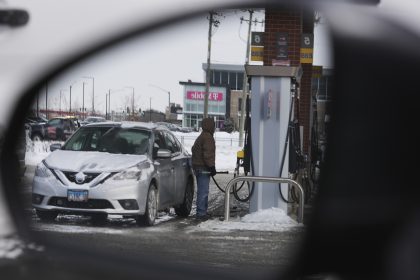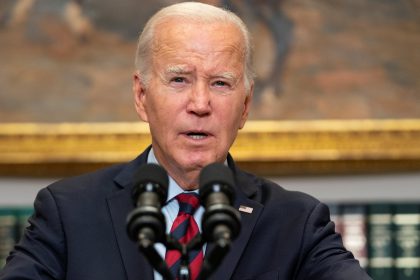Economic Challenges Difficult, Not Insurmountable

WASHINGTON — According to experts convened by the political advocacy group The Concord Coalition, the nation’s long standing fiscal, monetary, and economic challenges were made more difficult by the pandemic, but they are not insurmountable.
Leaders from the Congressional Budget Office, the Federal Reserve Bank of Boston, and the Brookings Institution considered the effects that policy decisions may have on the nation’s pandemic recovery and gave predictions for short- and long-term outlooks.
“The good news, such as it is, is the economy is doing better than we expected,” said Phillip Swagel, CBO director. “The challenge of the fiscal situation remains daunting; it was daunting before the pandemic and it’s yet more daunting because of the pandemic.”
Swagel believes the cost of pandemic recovery legislation has been partially offset by the country’s strong economy, though, “this is not to say that spending pays for itself…” he said. And deficits will continue to widen as the U.S. moves past the pandemic. “Even with low rates, even getting past the pandemic, the underlying situation has large primary deficits that outweigh lower interest rates.”
Admitting the nation’s debt was already on track to exceed 200% of GDP in just ten years, by 2031, Swagel said “the effects of the pandemic are going to be with us for a while.”
“Over the long-term, the deficit is a challenge, and the rising debt is a challenge to our economic stability and financial stability … but there’s also a challenge of priorities.”
“As net interest payments rise, both with rising interest rates and with the rising debt level, that crowds out other priorities,” Swagel said, suggesting policymakers will have tough fiscal decisions to make in the years ahead.
Wendy Edelberg, director of The Hamilton Project and senior fellow in Economic Studies at the Brookings Institution, agrees that “over the next handful of years, we should be making some difficult decisions to change that long-term trajectory,” but in the near-term, she believes heavy federal relief spending is the best option.
Edelberg compared the Biden Administration’s proposed $1.9 trillion COVID-19 relief package to the alternate $619 billion Republican package and offered that while Biden’s was considerably more costly, she feared “anything less could be significantly undershooting.”
“Doing more is an insurance policy,” she said. “I cannot overstate the uncertainty underlying all of our estimates… we don’t have a lot of history to see how the economy responds to this level of fiscal support.”
But the U.S. does have a lot of data on how interest rates and inflation can be manipulated in monetary policy to address the post-pandemic economy regardless of how these fiscal issues play out.
“The time to really worry about financial stability is when we’re much closer to full-employment,” insisted Eric Rosengren, president and CEO of the Federal Reserve Bank of Boston. “What makes a lot of sense in a recession or pandemic doesn’t make a lot of sense when we’re back to full employment.”
With the pandemic still dominating labor market outcomes, “we should do what we need to do for fiscal and monetary policy to get people back to work,” Rosengren said. “Once we’re at full employment, we shouldn’t have the same kind of expansionary fiscal policy.”
“That means either taxes rise or government spending has to decrease in order to have much more of a balanced budget than what we’ve had over quite some time,” he said. “The appropriate policy is that fiscal policy should mitigate some of the problems of the deep recession caused by a public health crisis … but when you get to full employment, you shouldn’t still be having that kind of fiscal stimulus.”
Rosengren expects that consumption over the next months will be encouraged by both current and future fiscal actions, and with perhaps only a few more months of the pandemic as a dominant force — because of a more widely distributed vaccine — the nation will see a strong pickup in the economy.
Still, however, he said not to be too worried about inflation.
“The Fed wants the inflation rate at 2%… [though] I would be very surprised if we see a sustained inflation rate at 2% in the next year or two,” Rosengren said. “With labor markets as disrupted as they have been, there normally is enough slack that I would expect that we will still be undershooting our 2% inflation target.”
“But there will be disruptions that are occurring,” he added. “Commodity prices are a good example, where those prices have gone up pretty quickly; so, food and energy prices may go up as certain areas of the economy are facing some shortages.”
























